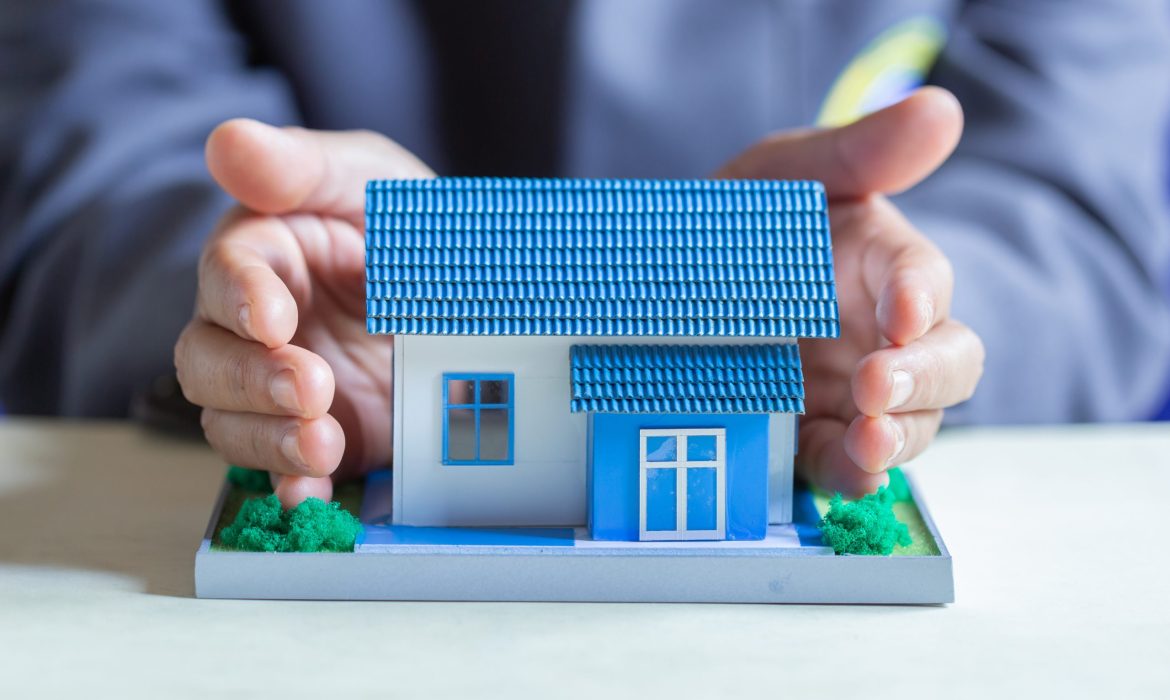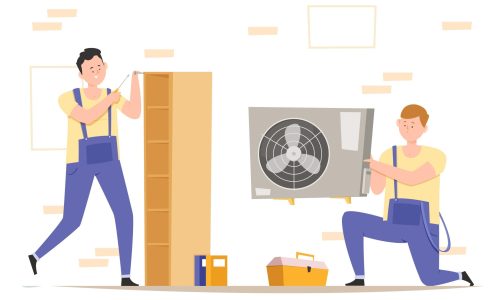Understanding the Importance of Fire Safety
Fire safety is a critical aspect of home security that often gets overlooked. Fires can spread rapidly and cause devastating damage to property and lives. Implementing effective fire prevention strategies and preparing for emergencies can significantly reduce the risk of fire-related incidents and improve your readiness to respond effectively. Here’s a comprehensive guide to fire safety in your home.
Fire Prevention Tips
- Safe Cooking Practices:
- Never Leave Unattended: Never leave cooking appliances unattended. Most kitchen fires start due to unattended cooking.
- Keep Flammable Items Away: Store flammable materials like paper towels, dish cloths, and food packaging away from the stovetop and oven.
- Use a Timer: Set a timer when cooking to remind you to check on your food regularly.
- Electrical Safety:
- Inspect Wiring: Regularly inspect electrical wiring and appliances for signs of wear or damage. Replace or repair any faulty wiring immediately.
- Avoid Overloading: Avoid overloading electrical outlets and power strips. Use them according to their rated capacity and avoid daisy-chaining multiple devices.
- Install GFCI Outlets: Ground Fault Circuit Interrupter (GFCI) outlets should be installed in areas prone to moisture, such as kitchens and bathrooms.
- Safe Use of Heating Appliances:
- Keep Space Heaters Away: Keep portable heaters away from flammable materials and never use them while sleeping.
- Regular Maintenance: Have heating systems, such as furnaces and chimneys, inspected and serviced regularly by a professional.
- Proper Storage of Flammable Materials:
- Safe Storage: Store flammable materials, such as gasoline, paint, and cleaning supplies, in proper containers and away from heat sources.
- Ventilation: Ensure that these materials are stored in well-ventilated areas to reduce the risk of accidental ignition.
- Smoke Detector Maintenance:
- Install Smoke Detectors: Install smoke detectors on every level of your home, inside each bedroom, and outside sleeping areas.
- Test Monthly: Test smoke detectors monthly to ensure they are functioning properly. Replace batteries at least once a year or as needed.
- Replace Detectors: Replace smoke detectors every 10 years or according to the manufacturer’s recommendations.
Creating a Fire Escape Plan
- Designate Escape Routes:
- Identify Exits: Identify at least two exits from every room in your home. Ensure that these exits are easily accessible and not obstructed.
- Plan Alternative Routes: Plan alternative escape routes in case your primary exits are blocked by fire or smoke.
- Establish a Meeting Point:
- Choose a Safe Location: Designate a safe meeting point outside your home where all family members can gather after evacuating. This helps ensure that everyone is accounted for and prevents confusion.
- Practice Drills:
- Conduct Regular Drills: Practice fire drills regularly with all family members. Ensure everyone knows how to exit the home quickly and safely.
- Include Children: Teach children how to respond to a fire alarm and practice the escape plan with them to help reduce panic and confusion.
- Prepare Emergency Kits:
- Essential Items: Prepare emergency kits with essential items such as first aid supplies, flashlights, batteries, and important documents. Keep these kits in an easily accessible location.
Fire Safety Equipment
- Fire Extinguishers:
- Install Extinguishers: Install fire extinguishers in key areas, such as the kitchen, garage, and near heating equipment. Choose the appropriate type of extinguisher for different types of fires (e.g., grease fires, electrical fires).
- Learn to Use: Familiarize yourself with the operation of fire extinguishers and ensure that all household members know how to use them.
- Smoke and Carbon Monoxide Alarms:
- Dual-Function Alarms: Consider installing smoke alarms that also detect carbon monoxide (CO) to provide comprehensive protection.
- Regular Testing: Test alarms regularly to ensure they are functioning correctly and replace batteries or units as needed.
- Fire Blankets:
- Purchase Fire Blankets: Keep a fire blanket in the kitchen or other areas where small fires might occur. Fire blankets can be used to smother small fires or wrap around individuals in case of flames.
Staying Informed
- Know Local Fire Codes:
- Understand Regulations: Familiarize yourself with local fire codes and regulations to ensure your home meets safety standards.
- Participate in Community Programs:
- Fire Safety Education: Participate in community fire safety programs and workshops to stay informed about the latest safety practices and techniques.
Conclusion
Effective fire safety involves proactive prevention, thorough preparedness, and regular maintenance of safety equipment. By following these guidelines, you can significantly reduce the risk of fire-related incidents and enhance your readiness to respond in an emergency. Stay tuned as we continue our series with a focus on childproofing your home in the coming days.





